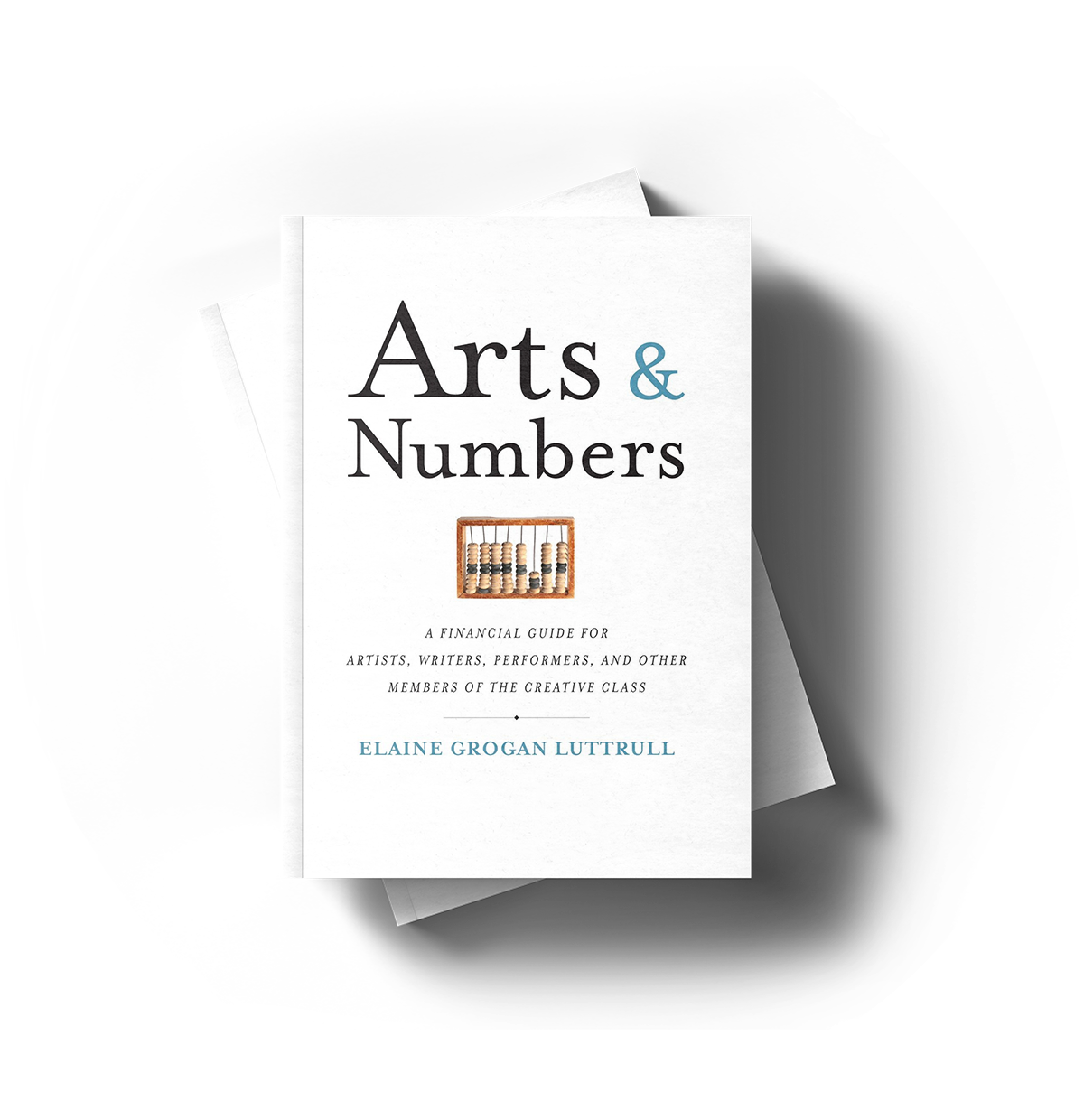November 21, 2016 • Arts Orgs

One of the best headlines I’ve seen this year was in Inc. magazine. It said, “The Most Creative Types are Introverts. And Extroverts.”
I absolutely love the absurdist contradiction contained – and in fact emphasized – in that headline.
Unless you are purely introverted or purely extroverted, you know that sometimes you feel a bit more energized by social situations and other times you feel drained by those same situations. Depending on where you fall within the introverted/extroverted scale, you may find one experience or the other more common.
Enjoying social situations is no guarantee that “networking” will be a breeze, though. In fact, when done well, networking highlights the best qualities of both introverts and extroverts.
Let’s start with the vocabulary – The word “networking” implies the active management of a net, a net that is made up of other humans. That sounds awful. Who would do that?
I prefer the idea of “niceworking.” After all, the metaphorical version of networking is simply being nice to people in the hopes of forging a professional connection that one or both parties will find fulfilling. With that as the working definition, “niceworking” makes infinitely more sense.
Networking well is simply being nice and paying attention.
Channeling Our Extroverted Selves
We can channel our inner extroverts to “be nice” in a way that others find appealing on the surface. We can be cognizant of our facial expressions: A resting smiling face is much better inviting than the alternative. We can watch our body language: Standing with an open posture and at least one free hand is more inviting than creating barriers with our body language (crossed arms) or our props (a plate of appetizers, plus a drink, plus a phone).
Our Authentic Selves
Once we’ve used our extroverted skills to open ourselves to conversation, the truly authentic part begins. We can’t fake that. Oh sure, there are conversational pleasantries that we can adopt. We can fall back on tropes about the weather or the sports team or the news. But that is infinitely boring.
Instead, we can describe things we are genuinely excited about in our work (points for authenticity). We can ask original questions of the other person. (My current favorite is, “Tell me the best part about your week so far.” You won’t believe what the answers reveal about the other person.)
We can choose to selectively engage in topics we’d rather avoid. We don’t have to engage in a conversation about politics, religion, or sex… Even if they come up. Choosing not to share your personal views doesn’t change those views. It simply saves them for those you really care to share them with.
Point being: When you’re actually engaging in niceworking, there is no substitute for being yourself. And it’s okay to be the best, most public, polite version of yourself.
Channeling Our Introverted Selves
After the event, we can channel our inner introverts to follow up with those we met, especially those with whom we felt a connection. It’s amazing what a genuine email after an event can do to forge a relationship. And in written form, we introverts can take all the time we need to process our thoughts.
Quid Pro Quo
When it comes to niceworking, quid-pro-quo has no place in the conversation. Niceworking isn’t about meeting people who can do something for you, buy your work, connect you to someone better, or make you feel superior. Instead, niceworking is about seeking genuine connections with other individuals who come together with something in common. That something could be related to the event itself (“You love the arts? I do too! I guess that’s why we’re both here at this arts-focused event.”). It could be related to something else you discover along the way. (“Wow, we totally disagree about the message that speaker shared. But we both love coffee and avoided the terrible coffee provided in the lobby of this event.”) It could be completely random. (“You have to leave early to pick up your son? What a coincidence! I do too.”)
Those genuine connections—whether they are professional or personal in nature—form the foundation for building a fulfilling network of individuals: Your own community. That doesn’t mean that every connection must be pursued. Some connections languish on the surface, rekindling only when convenient. You may try to avoid others, only to keep reconnecting because of professional overlap. Still other connections are so deep that a rekindling is immediate, even after years of separation. (You know that feeling… It’s the one that happens when you reconnect with your best friend and it feels like no time has passed.)
Prioritize the connections you want to spend your time and energy fostering. And don’t be afraid of niceworking to find other connections that might just prove to be, well, nice.


